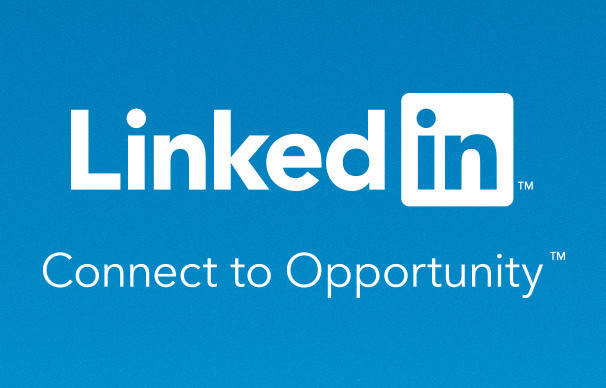Tool Time: LinkedIn
Some academics like to make fun of LinkedIn, but that's because they don't really use it. A LOT of people outside of academia, and some inside, do. And you should too. LinkedIn is a sort of professional social media platform. And like all social media platforms, you can't get anything much out of it unless you contribute. Many academics will sign up, connect with a bunch of other academics, then sit back and wonder what was the point since it wasn't doing anything for them. So why should you use LinkedIn? Because at its core it's a networking tool. And networking is what will move you forward in your career.
Signing up is free and easy. Collecting a few connections is pretty easy - just search for people you'd like to connect with. Connect with friends, fellow grad students and faculty. People within you field. That's the easy part.
So now what? Contribute. What does that mean? Well, first up it's important to recognize that LinkedIn is NOT Facebook. Or Instagram, Snapchat or Twitter. So maybe choose one of the latter for long rants about your weird old uncle's totally inappropriate conversations at the Thanksgiving dinner table or for your vacation photos. Remember that LinkedIn is a PROFESSIONAL social media platform. Easy things you can do to contribute. Post links to papers you've read that you think might be of interest to some of your connections (bonus points if you share your educated opinion of the papers along with the links (that means you need to read the paper first...)). Share news articles and professionally-related things (read them first to make sure you're sharing what you think you're sharing). Like and share other's posts. Just make sure you keep it all professional. Once you start, it's actually pretty easy and you will start to accumulate more connections.
Then what? If you're somewhat active on LinkedIn, you should now have connections with people you may have never met but would maybe like to. Reaching out to them via LinkedIn's built in messaging app is pretty easy. They should be somewhat aware of you as a result of your posts/shares (assuming they're active on the platform). They may still ignore you, but the odds are a little higher that they won't. If you're entering the job market, share that on LinkedIn. You never know, maybe one of your connections can share a job lead with you. Pretty much any of the things you'd like to achieve via networking can be facilitated by LinkedIn (facilitated - it's not a replacement for the in person kind of networking!).
One last thing. There's evidence accumulating that papers promoted on social media receive broader readership and ultimately more citations than those that aren't. Promote your latest publications, or those from your labmates, on LinkedIn. It can't hurt.
